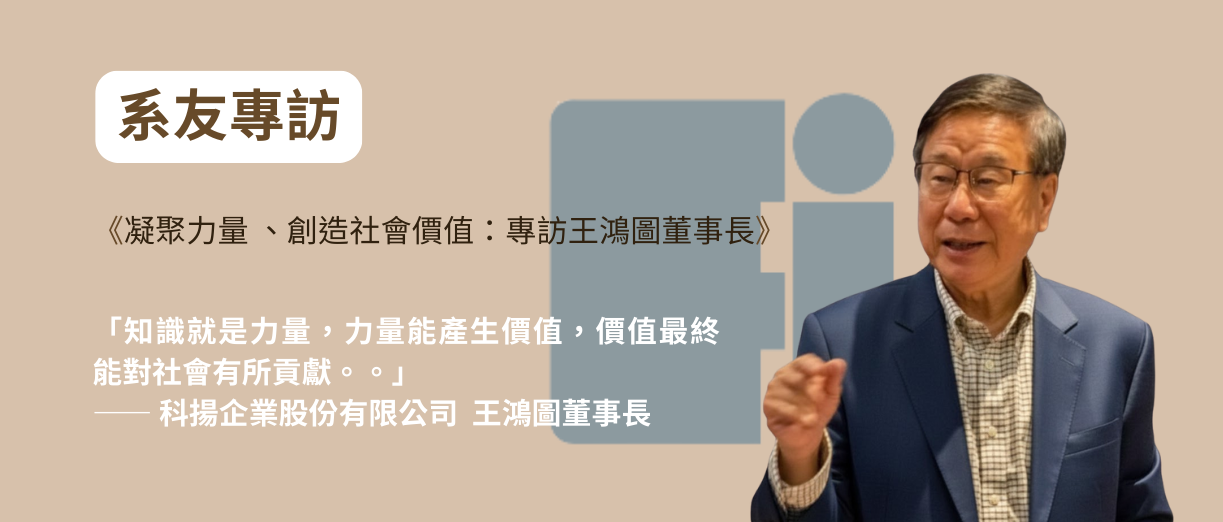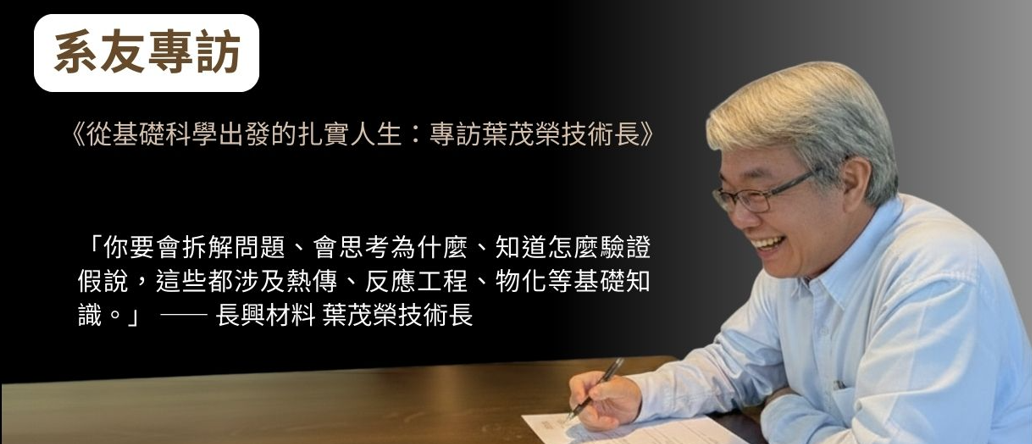Master Program Regulations
Stipulated on April 25, 1983
Revised on November 27, 1984
Revised on June 2, 1986
Revised on August 29, 1988
Revised on December 20, 1988
Revised on November 18, 1991
Revised on October 9, 1995
Revised on November 9, 1998 (Applicable to 1999 academic year enrollment)
Revised on September 18, 2000 (Applicable to after 2000 academic year spring semester (including) enrollment)
Revised on July 9, 2002
In addition to compliance with the University's academic provisions, the Department of Chemical Engineering Master's Program regulations are intended for the training of research expertise, and graduate students are guided by their advisor according to their aptitudes and thesis.
Note:
1. To facilitate adaptation to the Department's master's program curriculum, all students who are non-Chemical Engineering graduates are compulsory to take Chemical Engineering Principles I and Chemical Engineering Principles II. Graduates of junior college of technology institutes are regarded as non-Chemical Engineering graduates
2. Students who have passed the Chemical Engineering Category, Civil Service Senior Examinations, or who are non-Chemical Engineering college/university graduates but who have 6 credits in Unit Operation or Transport Phenomena courses may apply for waiver in Chemical Engineering Principles I with their certification or transcript. Students who have 3 credits in both Chemical Engineering Thermodynamics and (Chemical) Reaction Engineering may apply for waiver in Chemical Engineering Principles II with their certification or transcript.
3. Students admitted into the Department through Group A exams are waived from Chemical Engineering Principles I and II.
4. Doctoral students who have passed the Transport Phenomena course may waive Chemical Engineering Principles I upon approval. Doctoral students who have passed qualifying exams in Thermodynamics or Reaction Engineering may waive Chemical Engineering Principles II.
5. To graduate, master's program students must complete 3 credits in report and discussion courses.
6. The master's program student cannot be related to his or her advisor via spousal, 3rd degree or closer kinship, or in-law relationship.







